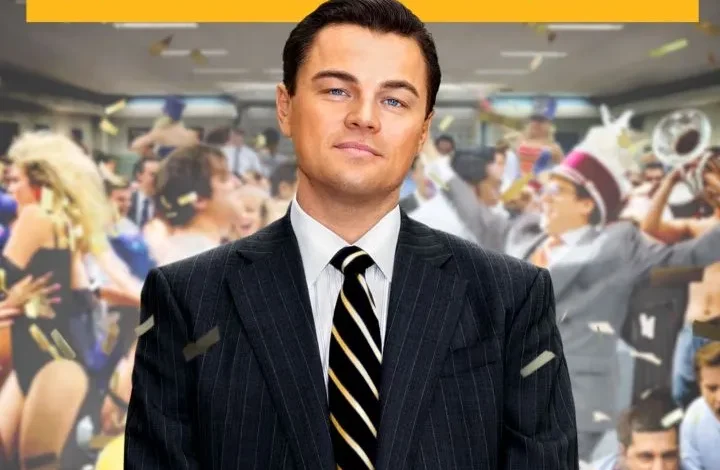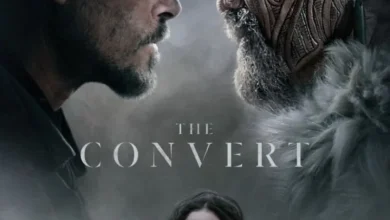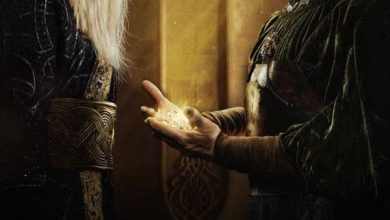
The Wolf of Wall Street (2013) – Movie Review
Director: Martin Scorsese
Starring: Leonardo DiCaprio, Jonah Hill, Margot Robbie, Matthew McConaughey
Genre: Biographical Comedy-Drama
Runtime: 180 minutes
Rating: R
Synopsis: “The Wolf of Wall Street” is based on the true story of Jordan Belfort, a stockbroker who rises to immense wealth through corruption and fraud on Wall Street. Directed by Martin Scorsese, the film depicts Belfort’s lavish lifestyle, driven by drugs, sex, and unethical financial schemes, before his eventual downfall and arrest.
Review
Performance: Leonardo DiCaprio delivers a standout performance as Jordan Belfort, capturing the character’s charisma and moral ambiguity. His portrayal is both compelling and repulsive, showcasing Belfort’s charm and his descent into debauchery and crime. Jonah Hill, as Belfort’s right-hand man Donnie Azoff, offers a hilarious and equally disturbing performance that earned him an Oscar nomination for Best Supporting Actor.
Direction: Martin Scorsese’s direction is masterful, balancing the film’s chaotic energy with moments of introspection. His use of fast-paced editing, energetic camera work, and dynamic soundtrack effectively mirrors the excesses and turbulence of Belfort’s life. Scorsese’s ability to create empathy for such a morally bankrupt character while critiquing the hedonistic culture of Wall Street is commendable.
Screenplay: Terence Winter’s screenplay, adapted from Belfort’s memoir, is sharp and witty. The dialogue is snappy and often vulgar, reflecting the brashness of its characters. The film’s narrative structure, using Belfort’s voice-over, allows for a deep dive into his psyche, providing insight into his motivations and rationalizations.
Cinematography: Rodrigo Prieto’s cinematography captures the opulence and chaos of Belfort’s world. The visual style is vibrant, with a keen eye for detail that emphasizes the decadence of the lifestyle depicted. The film’s most memorable scenes, such as the office party and yacht sequences, are visually striking and underscore the excesses of the era.
Themes: “The Wolf of Wall Street” explores themes of greed, excess, and moral decay. It critiques the American Dream by portraying its dark side, where success is measured by wealth and indulgence at any cost. The film does not shy away from showing the consequences of such a lifestyle, both for Belfort and those around him.
Criticism: While the film has been praised for its performances and direction, it has also faced criticism for its portrayal of women and the glorification of Belfort’s lifestyle. Some viewers and critics argue that the film’s excessive nature may overshadow its moral lessons, potentially glamorizing the behavior it seeks to condemn.
Conclusion
“The Wolf of Wall Street” is a bold and unflinching look at the excesses of Wall Street during the 1990s. With stellar performances, especially by Leonardo DiCaprio, and masterful direction by Martin Scorsese, the film is both entertaining and thought-provoking. Its depiction of greed and moral decay serves as a powerful commentary on the darker side of the pursuit of wealth.
Ratings:
- IMDb: 8.2/10
- Rotten Tomatoes: 79% (Critics), 83% (Audience)
- Metacritic: 75/100




